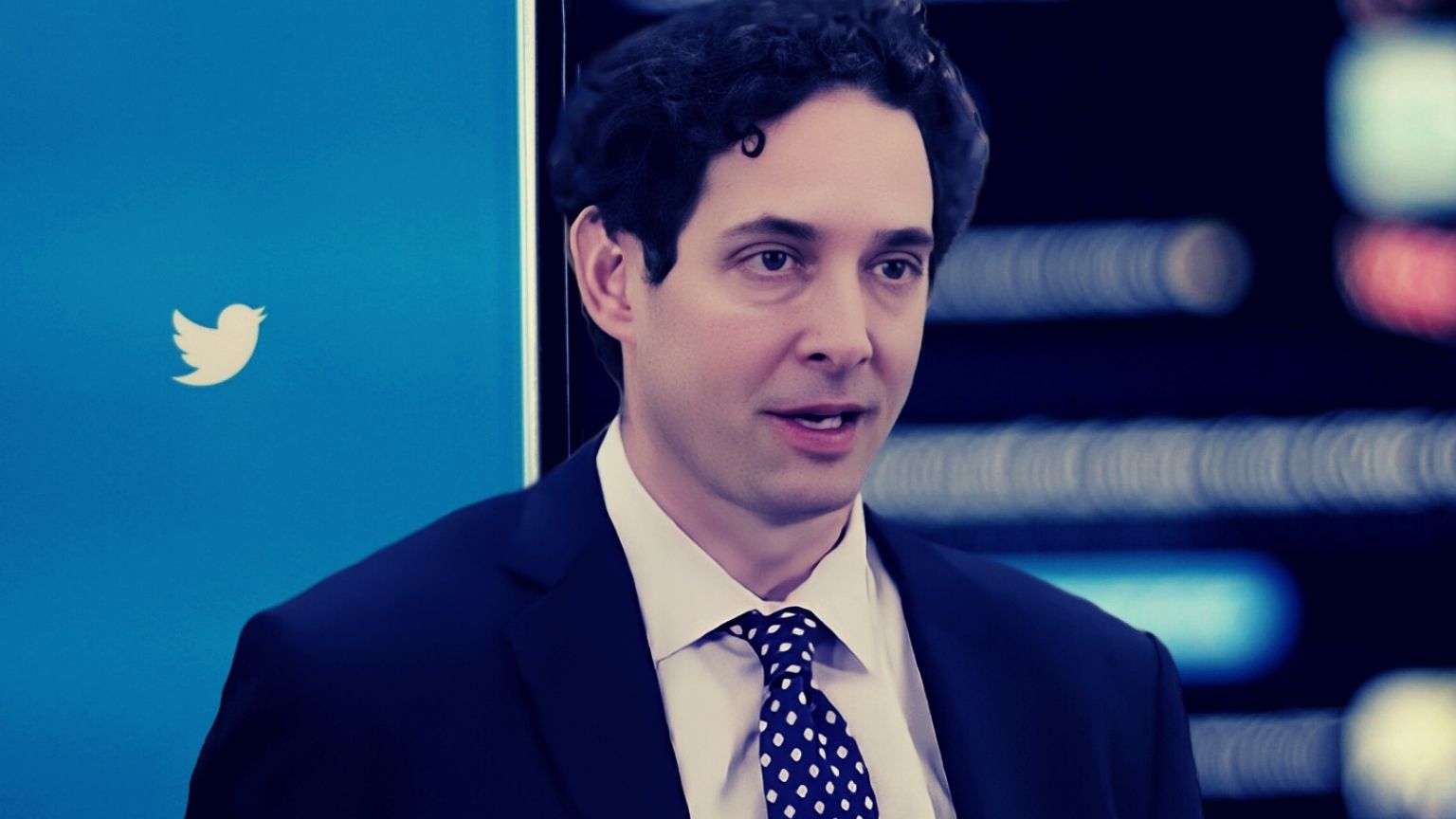Alex Berenson, a former New York Times reporter who got kicked off Twitter for violating its “five strikes” policy around Covid “misinformation,” and then sued – has settled with the social media company. He has also been reinstated on Twitter.
The details of the settlement remain unknown, causing disappointment among many in Berenson’s audience on Substack, given that he previously explained the lawsuit’s purpose as a way to, in essence, disclose the level of collusion between Twitter and the government around censorship.
But now, Berenson says that even though nobody knows what the settlement entails, and as far as anyone can tell right now, the needle hasn’t really been moved on shedding light on Twitter-government “collaboration” – the outcome of the lawsuit may yet benefit other banned users.
That’s because of the reasons a federal judge decided not to dismiss his lawsuit back in April, which was based on the allegation of breach of contract.
Most lawsuits against Twitter get dismissed, and there now appears to be a consensus that Section 230 allows internet service providers to ban users at will, he continues. So, why did his case proceed, all the way to a settlement?
One reason Berenson says this is that he received several emails from a Twitter executive (the company’s vice president) regarding his tweets, explaining Twitter’s stance on them. That, some legal experts have said, makes the case unique, i.e., highly likely not applicable to most other banned users, hence this suit was allowed to proceed.
But Berenson says the judge in charge of the case had another explanation, accepting his argument that Twitter started changing its terms of service with the introduction of the “five-strike” system that applies to Covid issues.
“Plaintiff plausibly avers that Twitter’s conduct here modified its contract with plaintiff and then breached that contract by failing to abide by its own five-strike policy and its specific commitments set forth through its vice president,” wrote Judge Alsup.
It would seem that the argument the judge accepted was that the “five-strike policy” had not been violated, and it was this that made Berenson’s case viable, even though under Twitter’s general terms of service the company had every right to ban him.
As for how any of this helps other banned users, Berenson thinks that by saying he shouldn’t have been banned and reinstating him – “Twitter seems to have inherently – and publicly – accepted this theory of its contractual obligations.”
And now maybe others could try bringing breach of contract, instead of ban cases.














